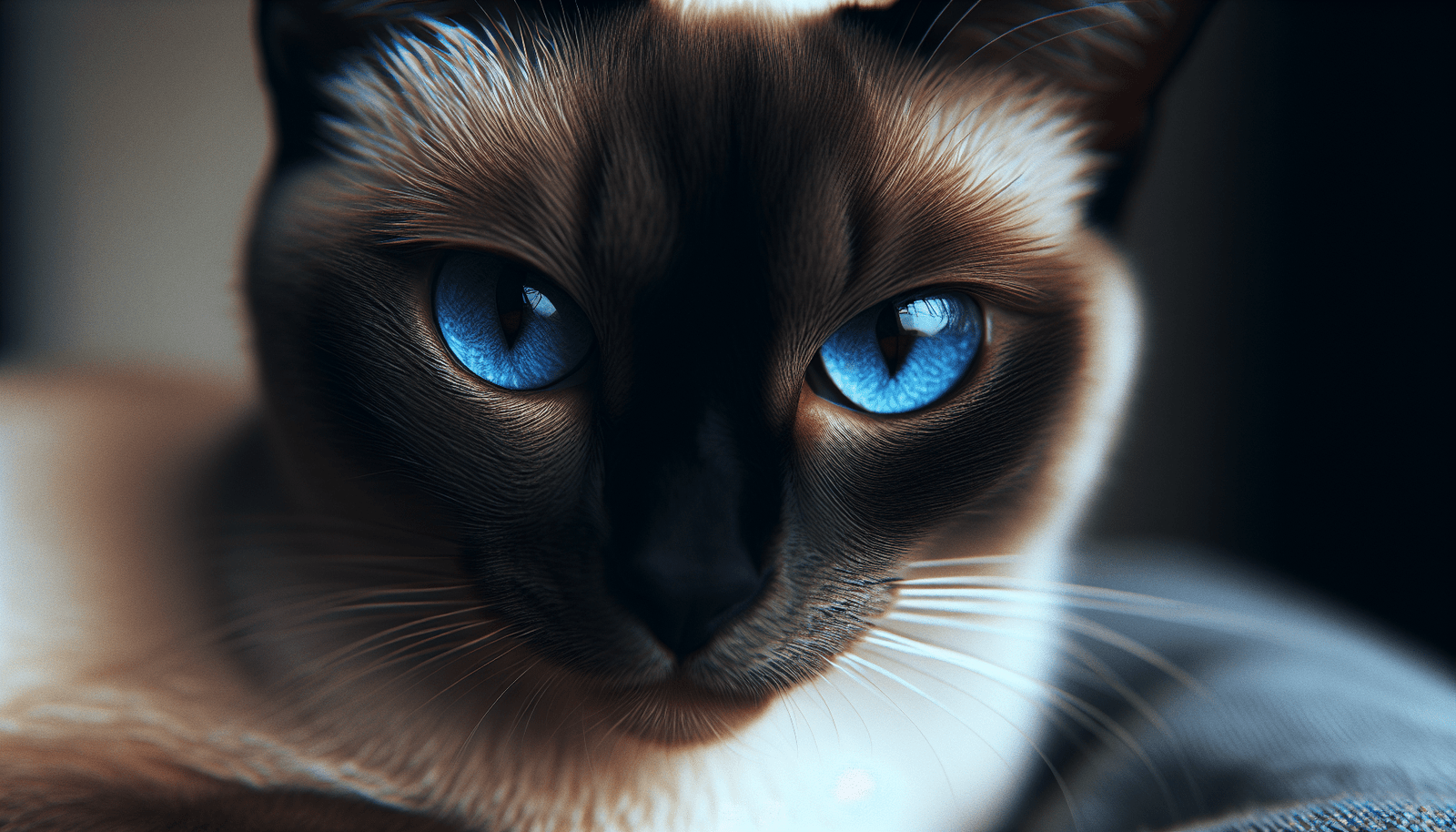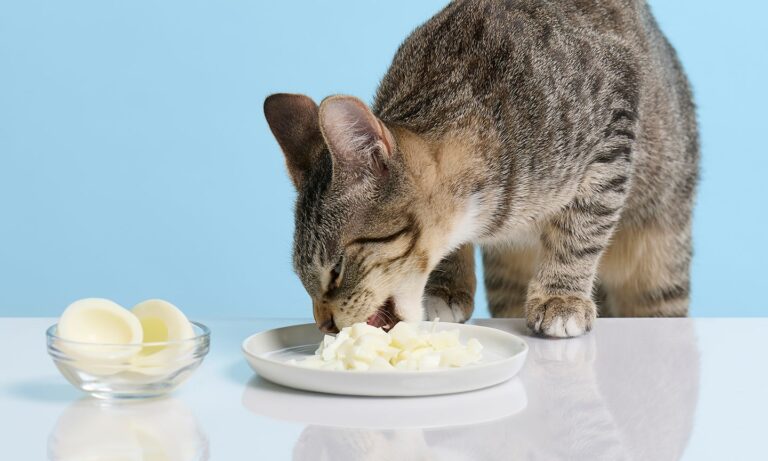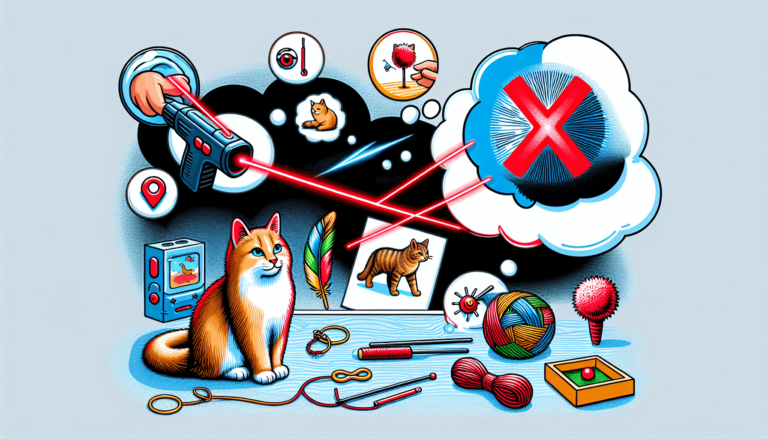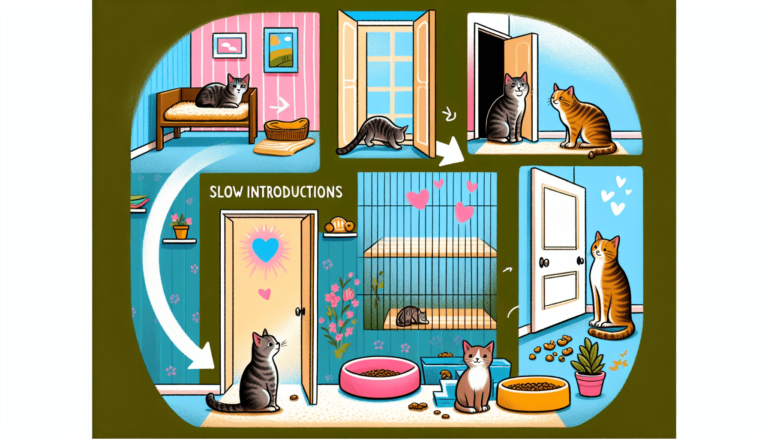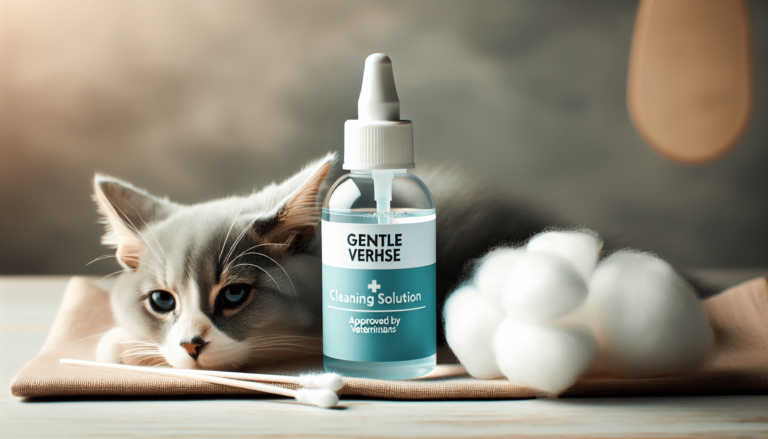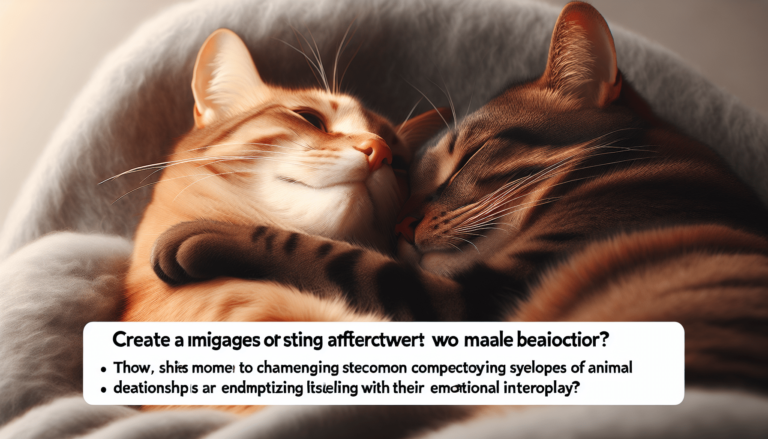Do Cats Get Jealous
Have you ever wondered if your feline friend gets jealous when you give attention to someone else? It turns out that cats are capable of feeling jealousy, just like humans. While they may not show it in the same way, your cat may exhibit signs of jealousy when they feel neglected or when their territory is invaded. Understanding these subtle cues can help you strengthen the bond you share with your beloved pet. So next time your cat gives you the cold shoulder when you pet another animal, know that they might just be feeling a little green-eyed. Do Cats Get Jealous
Have you ever noticed your cat acting a bit possessive or territorial when you give attention to another pet? Perhaps they seem to glare at you when you play with another animal in the house. You may wonder, “Do cats get jealous?” Let’s delve into the fascinating world of feline emotions and behavior to explore this question.
Understanding Feline Behavior
Cats are complex creatures with a range of emotions. While they may not express themselves in the same way as humans, they do experience feelings like love, fear, happiness, and yes, jealousy. Understanding feline behavior is essential to deciphering the signals your cat may be sending when they seem to be jealous.
Cats are territorial animals, and they often form strong bonds with their owners. When they feel their territory is being encroached upon or their bond with you is threatened, they may exhibit behaviors that could be interpreted as jealousy.

Signs of Jealousy in Cats
As a cat owner, it’s important to be able to recognize the signs of jealousy in your feline companion. While cats may not overtly express jealousy in the same way humans do, there are subtle cues you can look out for:
- Aggression: If your cat becomes aggressive towards another pet or even towards you, it could be a sign of jealousy. This aggression may manifest in hissing, swatting, or biting.
- Attention-seeking behavior: Cats are known for their independence, but when they’re feeling jealous, they may seek more attention from you. This could include rubbing against you incessantly, meowing loudly, or even sitting on your lap more than usual.
- Avoidance: On the flip side, some cats may exhibit avoidance behavior when they’re feeling jealous. They may ignore you, refuse to make eye contact, or even hide away in another room.
- Destructive behavior: Jealousy can sometimes manifest as destructive behavior, such as scratching furniture, knocking things over, or urinating outside the litter box.
If you notice any of these behaviors in your cat, it’s essential to address the underlying cause and work towards resolving any jealousy issues they may be experiencing.

Factors that Contribute to Jealousy in Cats
While all cats are individuals, certain factors can contribute to triggering feelings of jealousy in your feline companion. Understanding these factors can help you better manage your cat’s emotions and prevent jealousy from escalating into more significant issues.
-
Competition for resources: Cats are territorial animals and can become jealous when they feel their resources are being threatened. This could include competition for food, water, toys, or even your attention.
-
Changes in routine: Cats are creatures of habit, and any sudden changes in their routine can be unsettling for them. Whether it’s a new pet in the house, a change in your schedule, or a move to a new home, disruptions to their routine can trigger feelings of jealousy.
-
Lack of socialization: Cats are social creatures, and they form strong bonds with their human companions. If they feel like their bond with you is being threatened by another pet or person, they may become jealous.
By addressing these factors and ensuring your cat feels secure and loved, you can help prevent jealousy from taking hold and causing distress for your feline friend.

Managing Jealousy in Cats
If you suspect that your cat is feeling jealous, there are several steps you can take to help manage their emotions and prevent negative behaviors from developing:
-
Provide plenty of attention: Make sure to spend quality time with your cat to reassure them of your love and affection. Set aside dedicated playtime or cuddle sessions to strengthen your bond.
-
Create a safe space: Cats need a space of their own where they can retreat and feel secure. Provide hiding spots, comfortable bedding, and vertical spaces for climbing to help your cat feel safe and secure in their environment.
-
Avoid favoritism: Try to give equal attention to all pets in the household to minimize feelings of jealousy. Make sure each pet has their own food, water, and toys to reduce competition for resources.
-
Positive reinforcement: When your cat displays good behavior or shows signs of overcoming jealousy, be sure to reward them with treats, praise, or extra snuggles. Positive reinforcement can help reinforce good behavior and strengthen your bond with your feline companion.
By being proactive in managing your cat’s jealousy and addressing any underlying causes, you can help create a harmonious environment for all the pets in your household.

Seeking Professional Help
If your cat’s jealousy issues escalate to the point where they are causing distress or harm to themselves, other pets, or family members, it may be beneficial to seek professional help. A veterinarian or animal behaviorist can provide insights into your cat’s behavior and offer strategies for managing jealousy in a healthy and constructive way.
Remember, every cat is an individual, and what works for one may not work for another. By seeking professional guidance, you can tailor a plan specifically suited to your cat’s needs and ensure they receive the support and care they require.
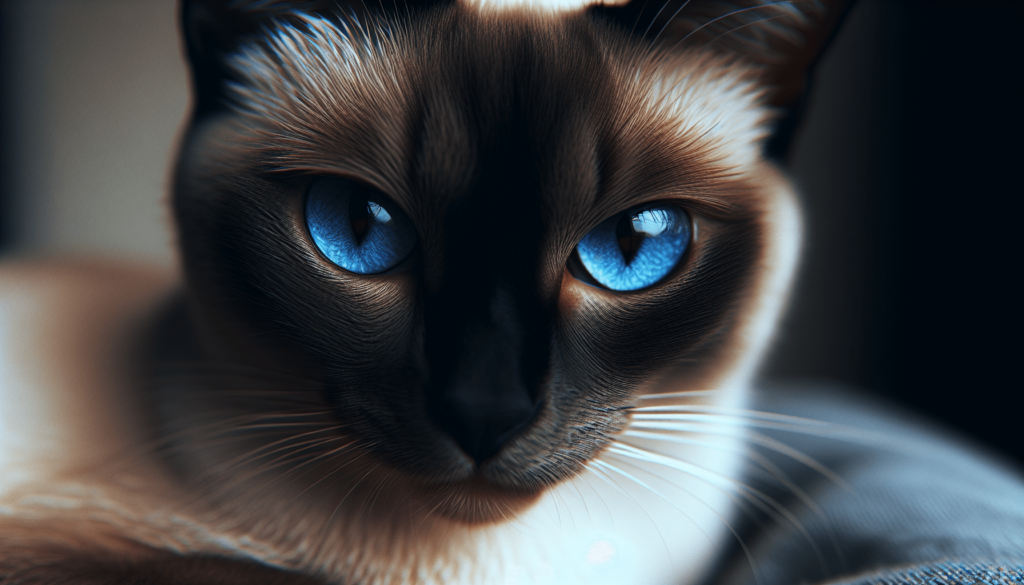
Conclusion
So, do cats get jealous? The answer is yes, they can experience feelings of jealousy just like humans do. By understanding feline behavior, recognizing the signs of jealousy, and addressing any underlying factors contributing to these emotions, you can help your cat navigate their feelings in a healthy and positive way.
Remember, your cat relies on you to provide a safe, loving, and secure environment. By being proactive in managing their emotions and fostering a strong bond of trust and companionship, you can help your cat feel secure and content in their place in your family.

